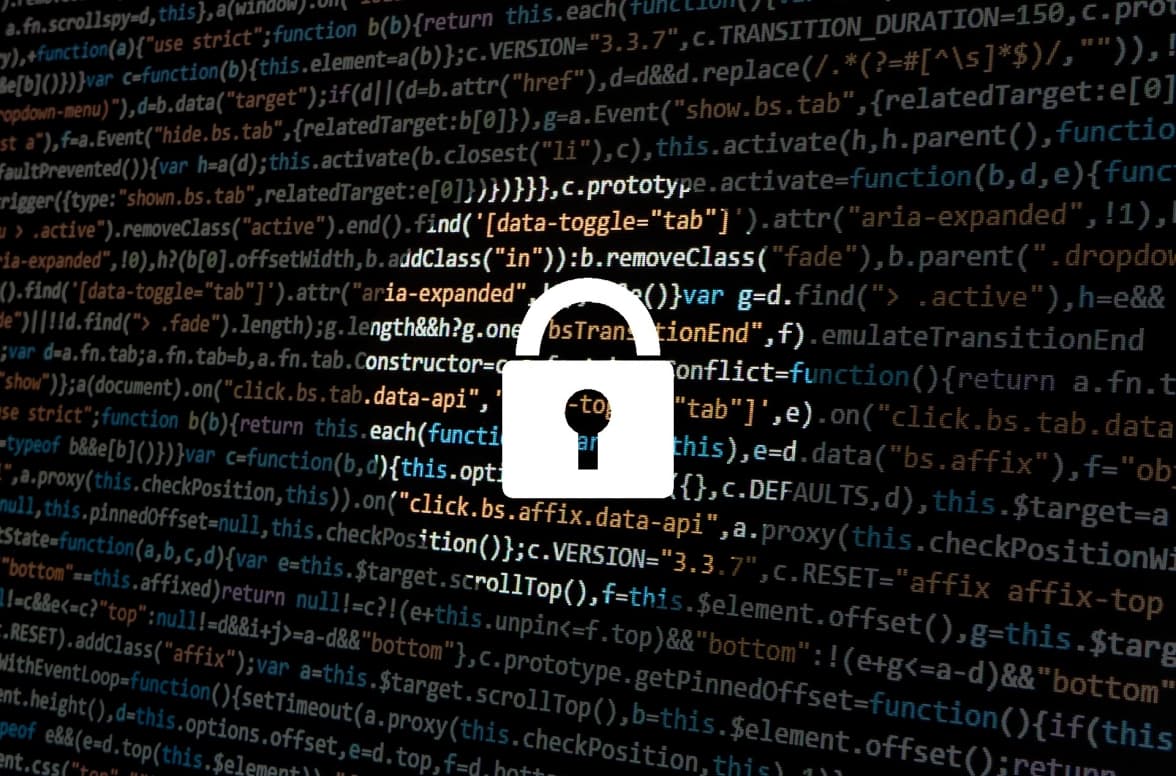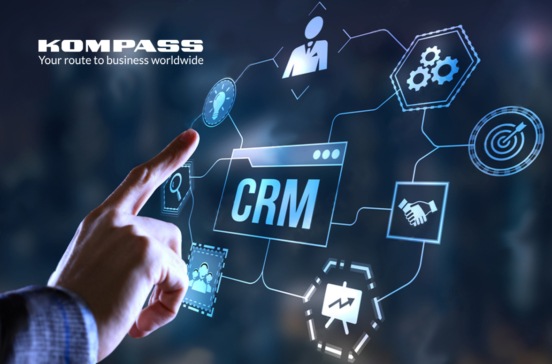10 March 2021
In virtually every industry, your data is one of the most important assets that your company has. Unfortunately, hackers are also aware of this fact.
The cybercrime industry is projected to have a value of over $6 trillion by the middle of 2021. So, it’s more important than ever to ensure that you have the necessary safeguards in place.
Not quite sure how to begin? We’ve got all the info that you need to know.
1. A low IT budget
It should come as no surprise that having a low IT budget can easily have adverse effects on your company’s data security.
The absence of high-quality employees or a trustworthy service provider is a significant risk in itself. Unfortunately, many companies forego allocating money toward IT obligations in favor of expenses.
This is especially true for smaller businesses since many don’t have a ton of capital to work with during their early years. Though, the truth is that cutting corners on IT expenses can lead to scenarios where you end up paying far more in the future.
For instance, you may save $50,000 per year using a bare-bones IT budget. But, a data breach that causes extensive downtime may cause you to incur $500,000 in lost revenue.
2. Your team hasn’t been trained properly
Without a proper training program, though, you run the risk of your workers making mistakes that adversely impact your company.
Even a single incident where an employee falls victim to a phishing scam could cause a significant disruption in your overall efficiency. Instead, you must develop a set of internal security guidelines and ensure that your entire team fully understands them.
It’s also highly recommended that you reevaluate the training material once or twice per year and make any necessary changes.
3. Outdated software
One of the primary reasons developers constantly push out updates for their software is to patch any security flaws that may be present. The more up-to-date your current software is, the more likely it is that you will become a victim of a cyber attack.
Fortunately, updating your machines’ software is a straightforward process— it’s just a matter of doing it consistently.
4. Lackluster physical security measures
Securing your device is just as important as the digital safeguards you implement. Otherwise, it’s possible that someone without the appropriate level of access could compromise or clone sensitive data from a hard drive.
It’s also often not enough to keep machines password-protected. To establish the best level of security, consider incorporating multi-factor authentication.
This involves using other information to identify yourself in addition to a password. You can also use biometrics, which typically requires an employee to scan their fingerprints before they have access to a specific area.
While not every company will need to take a measure this extensive, it’s worth considering for those that need extra security.
5. You don’t have a contingency plan
Unfortunately, there are times where disaster may strike despite all of the protective measures you’ve taken. But, you can drastically mitigate the consequences by having a contingency plan in place.
Businesses that don’t have an established response to a data breach will often struggle to handle this scenario. Smaller companies may even find it impossible to recover.
The proper contingency plan includes the following:
- Establishing the most likely scenarios.
- Preemptively archiving your data and storing it in a remote location.
- Regularly testing automated responses.
- Knowing what external support to contact (such as your insurance provider)
It’s impossible to prepare for every scenario. Having a predetermined response to a data breach can go along way when it comes to preventing additional complications and optimizing your recovery.
6. High turnover rate
This is a risk that many entrepreneurs tend to overlook. If you have a position or two at your company that is more or less a revolving door for new hires, there’s a good chance that your company’s data is at risk.
This is especially true for businesses that give a large amount of access to entry-level positions. Additionally, a cyberattack does not have to be perpetrated by an ex-employee themselves.
They can sell or give this information to another party.
Your company should have a policy that focuses specifically on protecting data after an employee is no longer a member of your team. This typically includes changing passwords, ensuring that all company-owned devices are accounted for, etc.
7. No safeguards for remote workers
The complications imposed by COVID-19 has forced many companies to allow their employees to work remotely. Unfortunately, it’s not always practical to purchase a set of dedicated computers for your team and to allow your employees to use their personal devices comes with a slew of inherent security risks.
For example, even a single device that’s been infected with malware could lead to a data breach at your company.
So, you’ll need to ensure that your company’s connection with its employees is always encrypted, you incorporate multi-factor authentication for data access, etc.
Combined with proper employee training, you’ll drastically reduce the chance of you experiencing complications in the future.
Protecting data can seem complicated.
Protecting data will not only protect your business but your customers as well.
Implementing the right security level also means keeping your data fresh and accurate. It’s highly recommended to enlist the help of an experienced industry professional to guide you.
Kompass offers premier data integration and consulting services to ensure that the process goes as smoothly as possible for you and your company.
Want to learn more about what we can do for your business? Feel free to reach out to us today and see how we can help.












Comentarios
No Comments